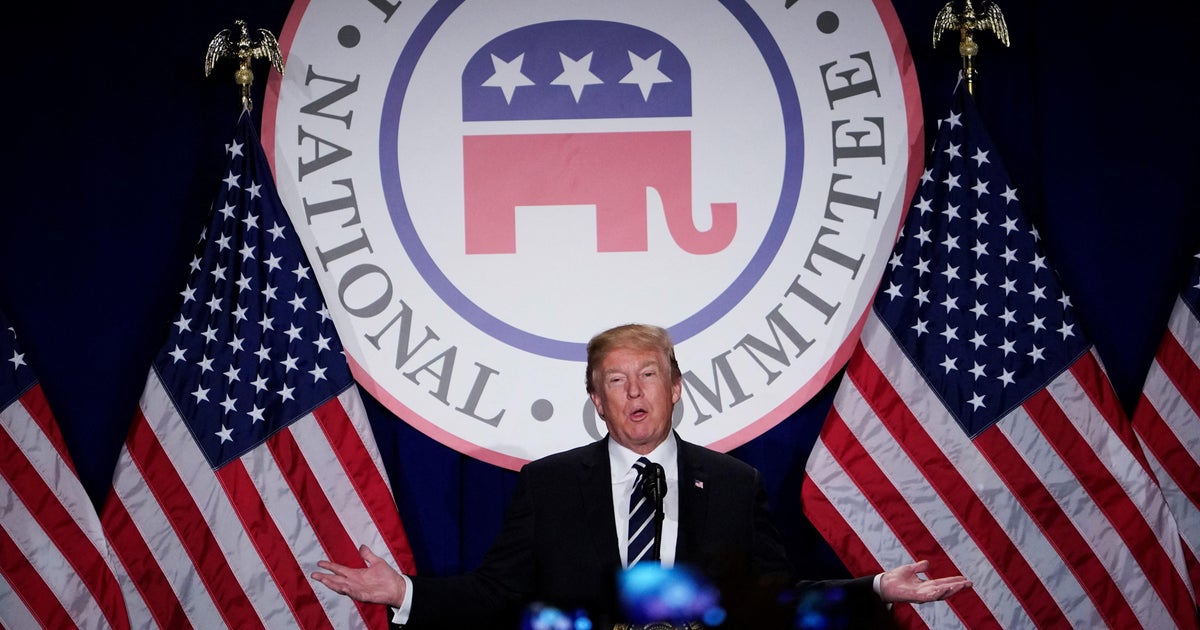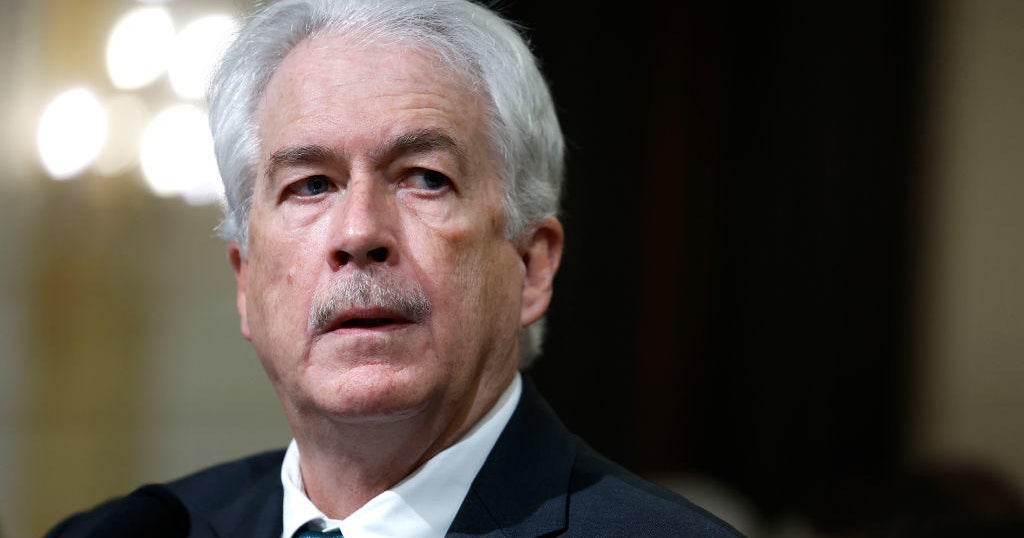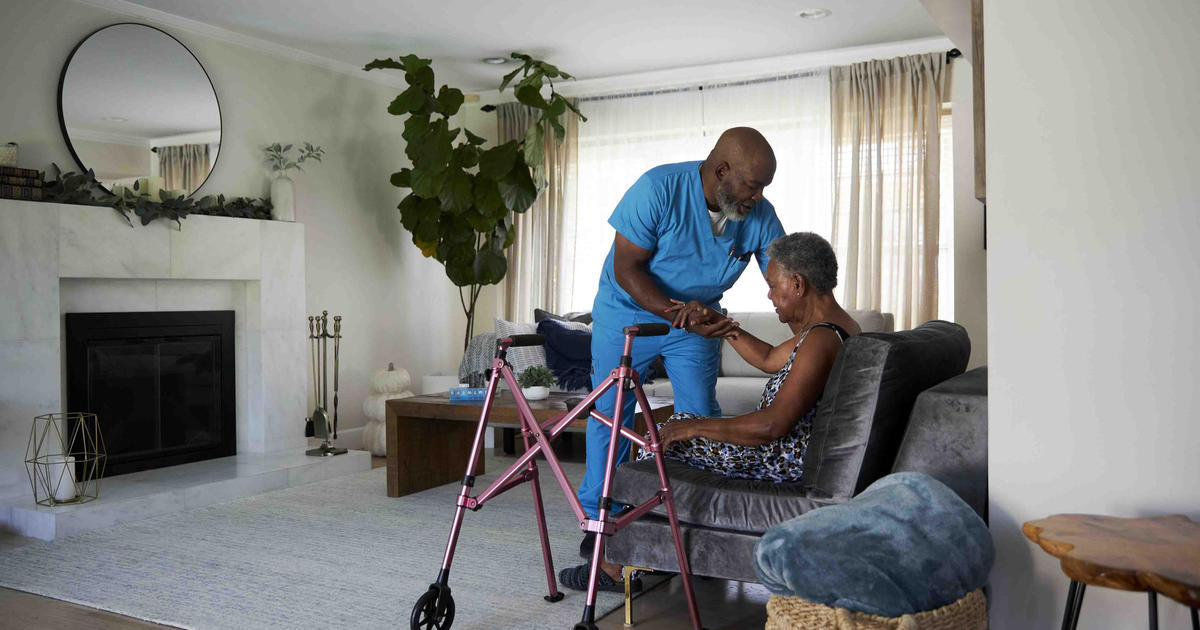Transcript: Dr. Anthony Fauci on "Face the Nation," February 16, 2020
The following is a transcript of an interview with Dr. Anthony Fauci that aired Sunday, February 16, 2020, on "Face the Nation."
MARGARET BRENNAN: Joining us now is Dr. Anthony Fauci, director of the National Institute of Allergy and Infectious Diseases at NIH. Dr. Fauci, it's good to have you here.
DR. ANTHONY FAUCI: Good to be with you.
MARGARET BRENNAN: We were just hearing about the State Department sending planes to help evacuate some of these Americans who were on that cruise ship. Debora said more than 40 now. What can you tell us in terms of the Americans have been exposed and infected?
DR. FAUCI: Well, 40 of them have gotten infected. They are not going to go anywhere. They're going to be in hospitals in Japan. People who have symptoms will not be able to get on the evacuation plane. Others are going to be evacuated starting imminently to Air Force bases in the United States. If people on the plane start to develop symptoms, they'll be segregated within the plane. So there's a very firm plan with this 747 that is going to take these passengers now who have been there. If you want to stay in Japan, your last chance would be to get on the plane and leave or you stay there. When you come back to the United States, importantly, they're still subjected to a 14 day quarantine. And the reason for that is that the degree of transmissibility on that cruise ship is essentially akin to being in a hot spot. A lot of transmissibility on that cruise ship.
MARGARET BRENNAN: So for the Americans who are infected, what does that actually mean? What is the state of their health?
DR. FAUCI: Yeah, well, it varies. I mean, you could be infected and have minimal symptoms, but you still have the possibility of transmitting it to someone else.
MARGARET BRENNAN: OK.
DR. FAUCI: Or you could be infected and have some significant lung disease that would require hospitalization and perhaps even some serious intervention.
MARGARET BRENNAN: Now, Malaysian health authorities have also said there was an 83 year old American woman who had been on a different cruise ship which ended up docking in Cambodia. She landed in Malaysia and then tested positive. This kind of spread, does this indicate this is becoming a pandemic?
DR. FAUCI: Well, a pandemic is when you have multiple countries throughout the world that have what's called sustained transmission from person to person to person, multiple generations. Right now, there are 24 countries in which there were over five hundred cases. Several of them are starting to get to the second and third transmission. So technically speaking, the WHO wouldn't be calling this a global pandemic, but it certainly is on the verge of that happening reasonably soon unless containment is more successful than it is right now.
MARGARET BRENNAN: As Debora said, there are experts landing in China this week.
DR. FAUCI: Right.
MARGARET BRENNAN: Americans will be among them.
DR. FAUCI: Right.
MARGARET BRENNAN: Is there anyone from your team and- and what is the difference--
DR. FAUCI: Yeah.
MARGARET BRENNAN: --if, say, the CDC had been allowed in--
DR. FAUCI: Right.
MARGARET BRENNAN: --versus the WHO?
DR. FAUCI: You know, MARGARET, to be honest with you, we really should not be talking about that because the sensitivity of coming out ahead of the Chinese of making any kind of announcement. But you're correct, there certainly--
MARGARET BRENNAN: But the Chinese ambassador was on this program last week and he indicated Americans were on that list.
DR. FAUCI: Well, then if he says it, then they're on that list. Yes.
MARGARET BRENNAN: But- but what is the difference there? Why would it be more beneficial to have--
DR. FAUCI: Well, for two reasons--
MARGARET BRENNAN: --your agency be able to send people, have CDC officials there?
DR. FAUCI: Well, the reason is because first of all, this- our CDC are the best epidemiologists in the world. They can be helpful to the Chinese as well as get information firsthand, eyes, ears and boots on the ground. So it really is to be helpful as part of the WHO group.
MARGARET BRENNAN: Because the WHO has been criticized, perhaps being too careful around the Chinese government in their part of the U.N. agency. They receive international funding. China has tremendous power over them. Is that criticism fair?
DR. FAUCI: You know, I don't know if it's fair or not, but certainly it's been spoken about. I mean, clearly, the director of WHO, Dr. Tedros, is really an outstanding person. And under very difficult circumstances, I think he's doing a very good job.
MARGARET BRENNAN: The president has said at least twice so far that the virus could tick down in these warmer months ahead. He indicated--
DR. FAUCI: Right.
MARGARET BRENNAN: --President Xi told him that.
DR. FAUCI: Right.
MARGARET BRENNAN: Is that how the virus actually works?
DR. FAUCI: This virus, we don't know. But it is not unreasonable to say that influenza, for example, which peaks in the winter, you would certainly expect it by March, April and May to taper down, as well as typical common cold coronaviruses. That's not an unreasonable statement. However, we do not know what this particular virus is gonna do so. So we would think it would be a stretch to assume that it's going to disappear with the warm weather. We don't know that. It's completely unknown.
MARGARET BRENNAN: You said recently that you could have some kind of vaccine within a year or so.
DR. FAUCI: Right, right.
MARGARET BRENNAN: How do you speed up that timeline and how do you fix the problem you said you have, which is finding a manufacturer?
DR. FAUCI: Right. Well, first of all, MARGARET, that one year timeline would be the world's indoor record of ever getting a vaccine out, at least to be able to early deploy. You can't do any better than that. If you go any faster, you'll be cutting dangerous corners.
MARGARET BRENNAN: And no manufacturer, yet?
DR. FAUCI: Oh yeah manufacturers. Once you get a vaccine that, you know works, the difficulty is having companies take that risk of hundreds and hundreds of millions of dollars to scale up to make it available.
MARGARET BRENNAN: All right. So you're still looking for a partner on that?
DR. FAUCI: I think we're gonna get them--
MARGARET BRENNAN: OK.
DR. FAUCI: --because I'm seeing interest on the part of pharmaceutical companies that we did not see with SARS and other outbreaks.
MARGARET BRENNAN: Dr. Fauci, thank you for this update. I appreciate it.



